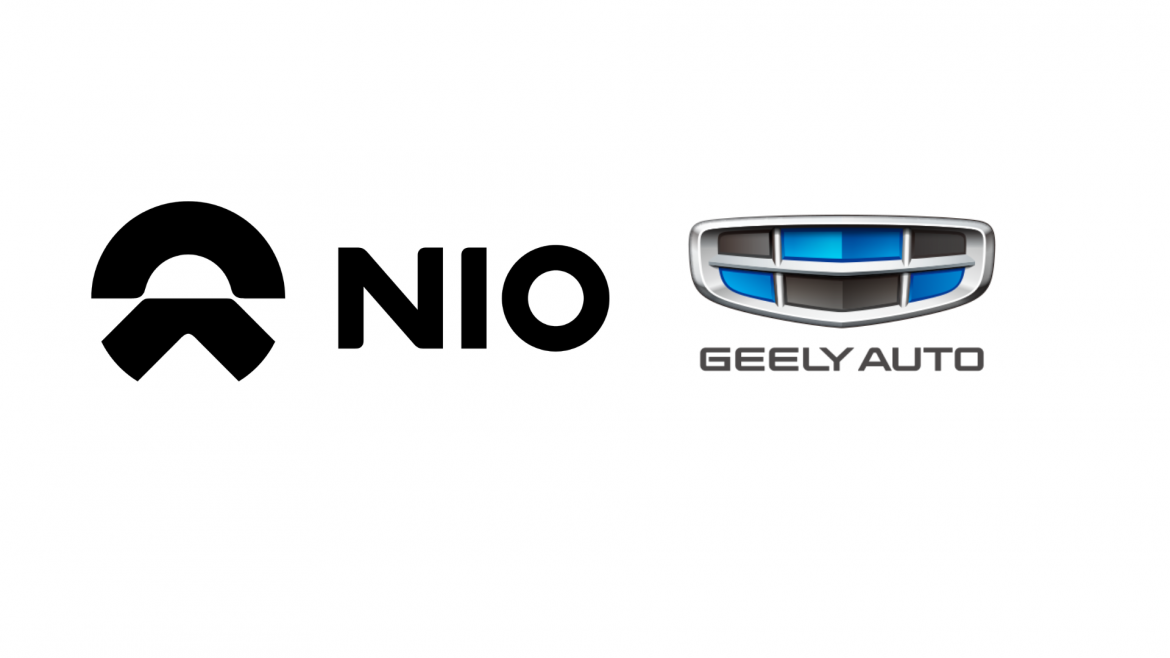Nio and Geely have formalized a strategic collaboration to jointly work on battery swapping, encompassing standards, technology, and model development. This partnership positions Geely, the owner of brands like Volvo and Zeekr, as the second automaker to enter into a battery swapping agreement with Chinese electric vehicle manufacturer Nio. The deal underscores the growing emphasis on battery swapping technology in the electric vehicle (EV) sector.
Co-investment and shared model
The collaboration will adopt a “co-investment, co-construction, shared, co-operative” model. Geely and Nio plan to establish an efficient battery asset management mechanism, create a unified battery swap operation, and develop vehicles compatible with each other’s battery swap systems. The joint efforts aim to streamline operations and enhance the practicality of battery swapping as an alternative to conventional charging methods.
Nio’s pursuit of cost reduction and profitability
For Nio, the strategic partnership comes as part of its ongoing efforts to reduce costs and enhance profitability. The company recently announced a collaboration with Changan Automobile as it explores avenues to improve efficiency and remain competitive in the dynamic electric vehicle market. Battery swapping is seen as a key element in Nio’s strategy to offer convenient power solutions for electric vehicles.
Geely’s global ambitions for battery swapping stations
Geely has ambitious plans for battery swapping infrastructure, with a target to establish 5,000 battery swapping stations globally by 2025. Currently operating 300 stations, Geely is expanding its network, aiming to enhance the accessibility and adoption of battery swapping technology. The collaboration with Nio aligns with Geely’s commitment to advancing sustainable and efficient electric mobility solutions.
Industry perspectives on battery swapping
Battery swapping offers a solution for rapidly replacing depleted batteries with fully charged ones, reducing the time required for recharging. Both companies recognize the potential benefits of standardized battery swapping, aiming to collaborate on creating an ecosystem that supports this technology. While industry analysts suggest that widespread adoption depends on standardization, Nio and Geely’s partnership signals a concerted effort to address this aspect.
Strategic positioning for battery swapping adoption
As Nio plans a substantial expansion of battery swapping stations in China, Geely’s global vision for widespread adoption indicates a shared commitment to the viability of battery swapping technology. While battery swapping could alleviate strain on power grids during peak times, the success of this approach is contingent on the standardization of batteries. The collaborative efforts of Geely and Nio position them at the forefront of shaping the future of electric vehicle technology.



